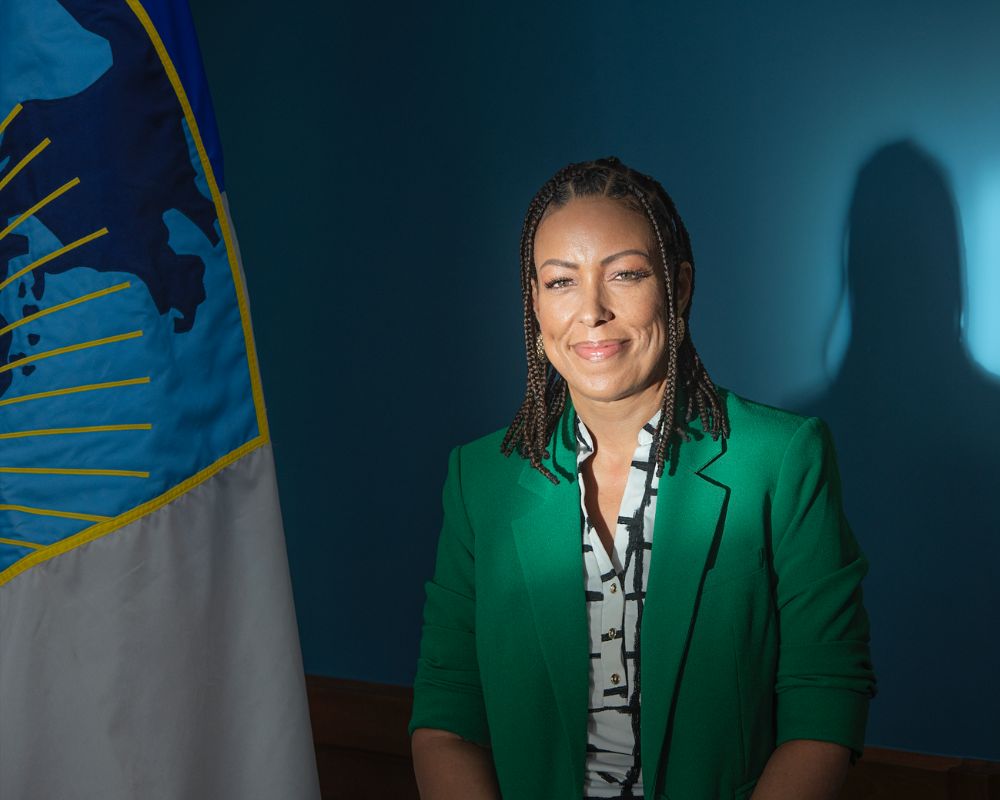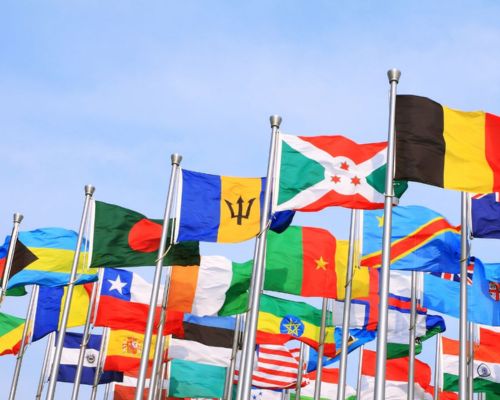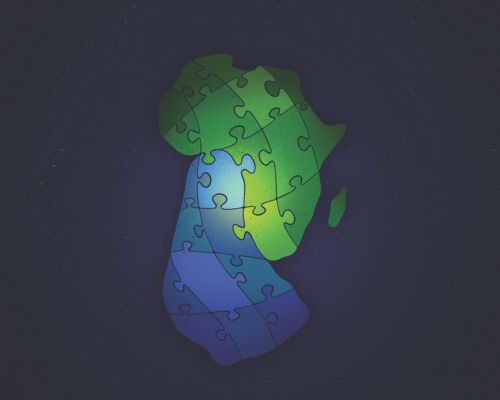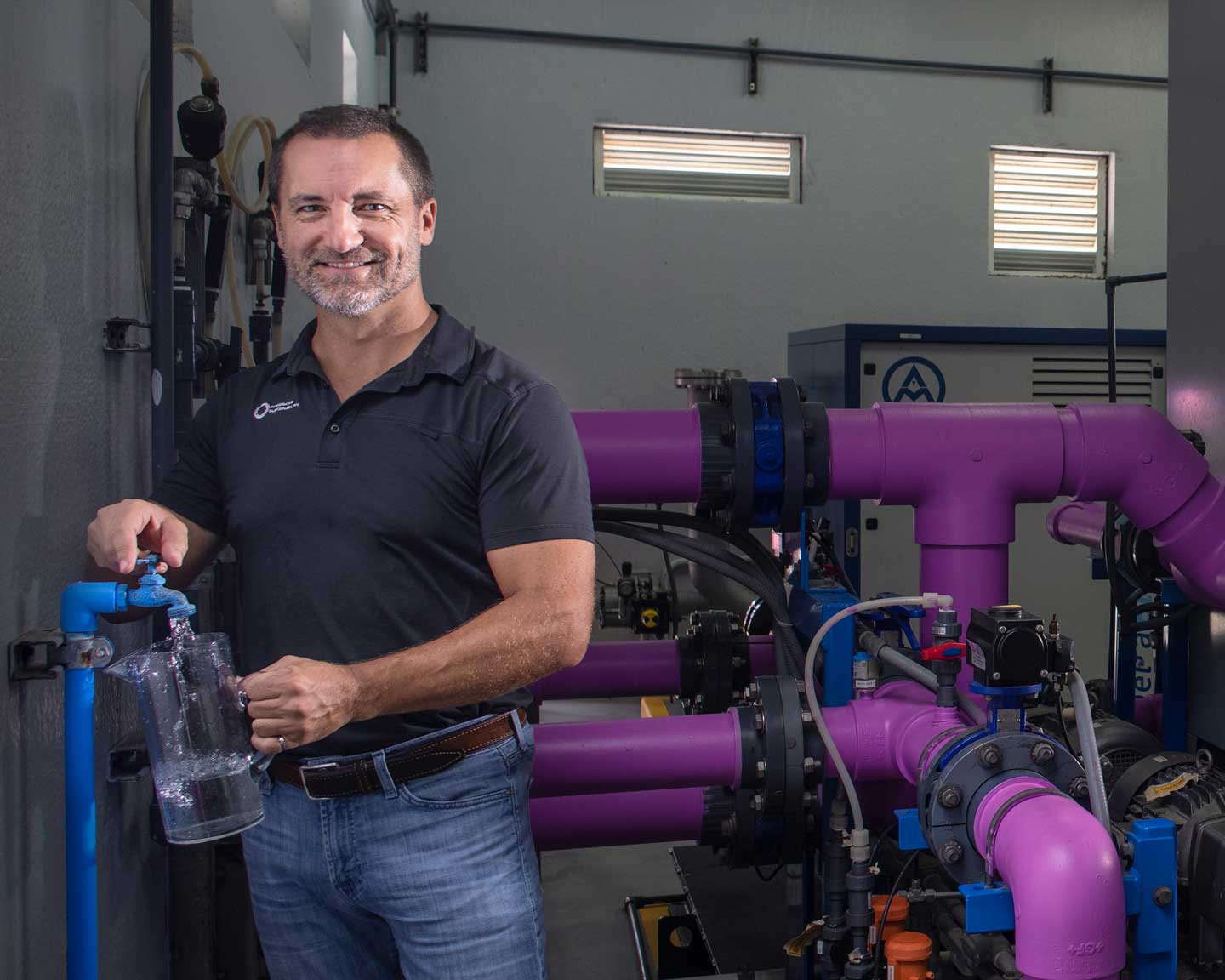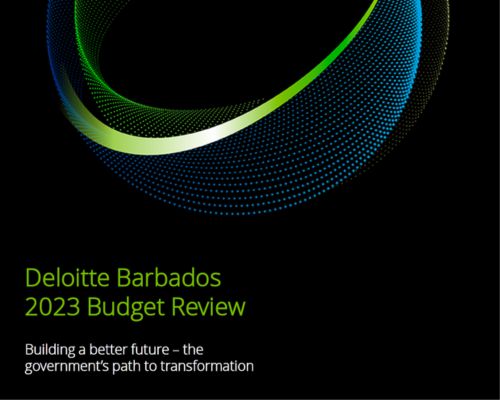-40.avif)
Dubai, 2 December (Argus) — Barbadian Prime Minister Mia Mottley — a leading voice for climate action and vulnerable countries — called for a stronger agreement on global methane emissions, adding that voluntary commitments from oil and gas companies are not sufficient.
“The reality is that the global methane agreement that the world needs to see has not yet come, and while we are seeing countries move to greater regulations, we need to be able to have concrete actions with respect to the control of methane,” she said at Cop 28 in Dubai.
A global methane pledge launched at Cop 26 in November 2021 aims at cutting methane emissions from human activity by 30pc by 2030, from a 2020 baseline, and has around 150 countries as signatories.
Methane is a highly potent greenhouse gas (GHG) that can leak from oil and gas field equipment. Oil and gas companies need to do more, she insisted, “fix the leaks in their pipelines and stop flaring”. She added that current voluntary commitments by oil and gas firms “haven't got us very far”.
Around $75bn in spending to 2030 is needed for methane abatements in the oil and gas sector. This is less than 2pc of the income generated by the industry in 2022, while methane cuts could generate around $260bn in direct economic benefit to 2050, according to the IEA.
Oil and gas industry methane commitments include the Aiming for Zero Initiative, with members including Saudi state-owned Aramco, BP, Chevron, ExxonMobil, Shell and TotalEnergies aiming to reach near zero methane emissions from their operated oil and gas assets by 2030. There is also the Oil and Gas Methane Partnership 2.0, the UNEP's oil and gas reporting programme for methane.
“We need strong regulation and compliance to ensure that we can limit the extent to which [methane] continues to lead our world into hotter temperatures,” she said. Mottley also pointed at farming, another major methane emitter, saying that practices in these sectors needed to be changed too.
Methane emissions from human activities could rise by up to 13pc between 2020-2030, the IEA said.
Mottley also welcomed progress on loss and damage at the Cop but warned that the fund needs to be “properly capitalised”. She said that loss and damage was only part of the equation, pointing to adaption needs, “because for every dollar we spend before disaster happen, it saves $7 in damages and indeed in loss of lives”.
“We continue to need significant funds for adaptation for countries that simply will not be met unless there is a different approach on how we address capitalisation, the international financial institutions and the commitment of countries,” she said. Mottley also called for the involvement of non-state actors, which need to come to the table to put money into adaption.
She reiterated yesterday that countries should consider taxes on aviation and shipping to spread the burden of investment. She also said that there should be a tax on oil and gas companies' profits to finance the loss and damage fund and finance resilience and adaptation mechanisms. Asked if she was going to have a conversation with oil and gas companies coming to the summit this week, she told Argus that she was hoping that “everyone can have that discussion” with the industry.
The EU's climate commissioner Wopke Hoekstra supports exploring a range of fossil fuel taxes, while climate minister Teresa Ribera floated the idea of fossil fuel companies dedicating a share of profits to sustainable development in the most vulnerable countries.










-60.avif)


-41.avif)
-35.avif)
-31.avif)
-29.avif)
-22.avif)
-14.avif)
-2.avif)
-7.avif)
-2.avif)
.avif)
-67.avif)


-50.avif)
-35.avif)
-28.avif)


-9.avif)
-7.avif)


